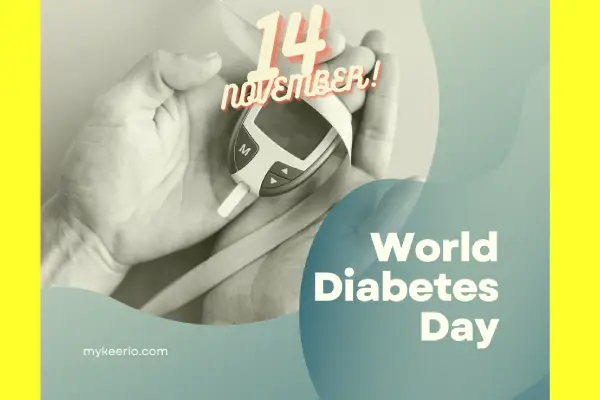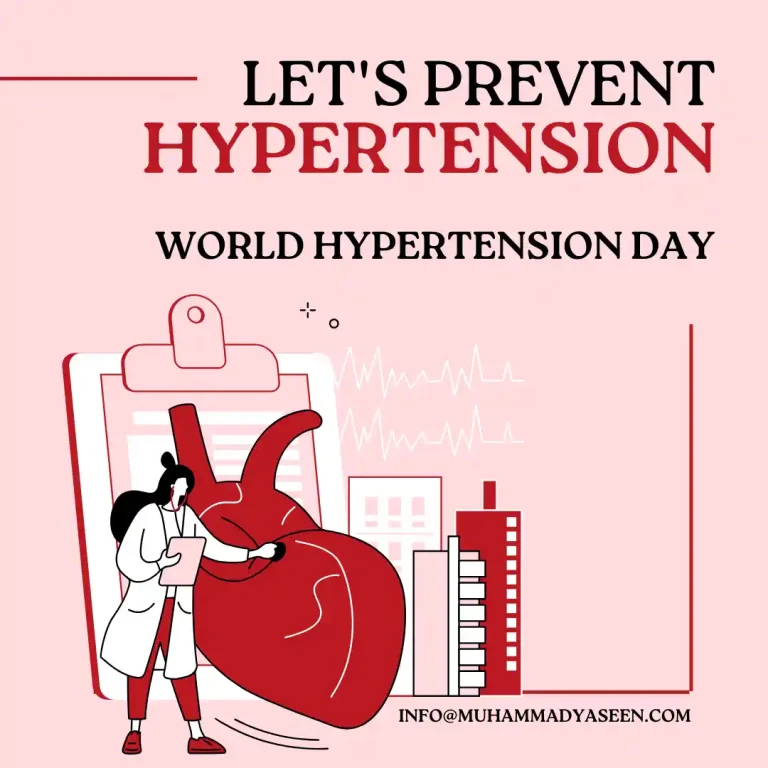Diabetes remission strategies
Precision in Glycemic Control: Consensus Insights on Diabetes Remission Strategies day

Achieving precision in glycemic control is a pivotal goal in the comprehensive management of diabetes, and the quest for effective diabetes remission strategies
This has led to a collective effort among experts in the field. This article explores the consensus insights on diabetes remission strategies, emphasizing the importance of precision in navigating the complex landscape of glycemic control.
World Diabetes Day spotlights the global health challenge of diabetes. The WHO emphasizes equitable access to essential care, urging awareness to minimize complications for individuals with diabetes.
It’s a day to celebrate the diverse experiences of those impacted, motivating them to seek vital care and fostering a collective commitment to tackle diabetes worldwide.
Defining the Challenge
Diabetes, characterized by hyperglycemia, presents a multifaceted challenge in terms of management. Unlike acute diseases, chronic conditions like diabetes require nuanced approaches, especially when considering the terms “remission” and “cure.” The consensus among experts is that precision is key in defining and achieving optimal glycemic control.

Consensus Insights
- Terminology Clarification:
Establishing a common language is crucial. The consensus underscores the need for clear definitions of terms like “remission” and “cure” in the context of diabetes. This lays the groundwork for precise communication among healthcare professionals and patients. - Duration Matters:
Duration is a critical factor in distinguishing remission from a potential cure. The consensus suggests that prolonged remission, defined as a period exceeding five years, may operationally be considered a cure. This temporal element introduces a practical dimension to the pursuit of glycemic control. - Treatment Modalities:
The consensus highlights that achieving remission involves meticulous consideration of treatment modalities. From pharmacologic interventions to surgical procedures, the emphasis is on understanding the impact of each approach on sustained glycemic control. - Patient-Centric Approach:
Precision in glycemic control requires a patient-centric approach. The consensus encourages healthcare professionals to tailor strategies based on individual patient characteristics, ensuring that the chosen interventions align with the patient’s needs and lifestyle. - Screening Protocols:
The article delves into the importance of screening for diabetes-specific complications during remission. It suggests that the frequency of screenings can be adapted based on the duration of remission, providing a nuanced and precise approach to post-remission care.
The Path Forward
As the medical landscape evolves, so too does our understanding of diabetes remission strategies and its management. The consensus insights presented here serve as a roadmap for healthcare professionals, researchers, and policymakers. Precision in glycemic control involves not only the meticulous application of medical interventions but also a holistic approach that considers the patient’s journey and the evolving nature of the disease.
Conclusion
In the pursuit of precision in glycemic control, a consensus has emerged among experts, shedding light on the intricacies of diabetes remission. Clear definitions, consideration of duration, tailored treatment approaches, and patient-centric care are central to navigating the complex landscape of diabetes management. This consensus not only refines our understanding of glycemic control but also paves the way for future advancements in diabetes remission strategies..



